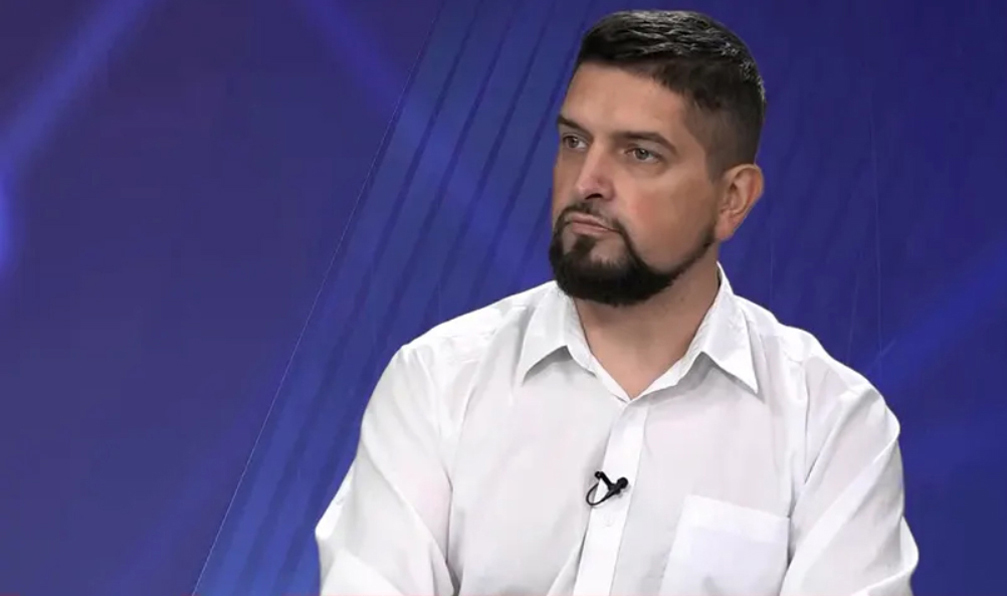
The state of Western societies clearly indicates that the multicultural project has no future. Unrestricted migration, both legal and illegal, has turned the cities of European countries into landscapes of crime, violence, and insecurity.
In Solingen, Germany, during the celebration of the 650th anniversary of the city’s founding, a Syrian man killed three people and injured eight with a knife. It is suspected that there was a connection to political and radical Islam. Ironically, the event was called the “Festival of Diversity.” In January last year, a Palestinian man killed two and wounded seven people with a knife in Brokstedt. In 2020, a Sudanese man attacked and killed two people with a knife in France, injuring five more. The English town of Southport became the site of a crime this July when Axel Muganwa Rudakubana, a second-generation migrant, killed three children with a knife and injured an additional ten people. A year earlier, an undocumented Moroccan migrant killed one person with a machete and injured four more during an attack on a church in the Spanish city of Algeciras.
These are just some of the numerous attacks for which migrants are responsible. Many of these attacks are directly inspired by radical Islam and, as such, pose a danger not only to Christians and traditional Muslims but to the general populace as well. The current state—clearly visible in the everyday realities of life in Western European cities—fully justifies the stance of the leadership of the Republic of Srpska, which has unequivocally rejected any possibility of housing migrants on its territory, thus opposing the European political environment that, ideologically and morally alienated, advocates for the necessity of migration and open borders.
The processes currently unfolding in the countries of the collective West can be viewed as a consequence of their centuries-long colonial and neocolonial policies, which have left many countries in Africa, Asia, Latin America, and even Eastern Europe economically devastated, resource-exploited, industrially backwards, socially fragmented and demographically depleted.
There are legitimate reasons for a certain number of migrants to come to Europe. Nevertheless, it is a fact that many of them choose to come in order to take advantage of state benefits that Western countries still offer, at the expense of their own taxpayers. At the same time, the migrant population arriving in European countries comes from cultural, religious and traditional milieus that are foreign to Europe itself. It is naive to expect that these communities will be assimilated by adopting the values of Western European states, especially given that there is no awareness in the West of the need to understand the civilizational code of the migrants themselves.
In the context of Bosnia and Herzegovina, the possibility of radicalization among migrants present in the region is unquestionable. The so-called Army of Bosnia and Herzegovina during the civil war was nothing more than the military wing of the Muslim Brotherhood in Bosnia, ideologically rooted in the concepts of political Islam that Alija Izetbegović outlined in his “Islamic Declaration”. The current existence of para-jamaats and Wahhabi settlements in the Federation of Bosnia and Herzegovina is not an anomaly, but rather a continuation of the presence of radical Islamic structures in Bosnia, which emerged during the war, were consciously ignored by the West and sponsored by Muslim countries.
The existence of these structures, along with the encouragement of their growth by parts of the Muslim elite, creates space for the radicalization of migrants, who may already be radicalized themselves and as such could enter Bosnia and Herzegovina. Regardless of the potentially tragic background of each migrant’s life experience, which is not disputed on an individual level, the institutions of the Republic of Srpska have the responsibility to ensure the safety of Serbs in Bosnia and Herzegovina and of all citizens of the Republic itself.
The Serbian experience in fighting radical Islam was paid for dearly during the civil war in Bosnia and Herzegovina. We cannot and must not afford the luxury that Western countries allowed themselves, mistakenly convinced of the end of history and the unquestionable superiority of their own cultural model. These same countries are now going through the very processes that the Serbs faced three decades ago. Moreover, the Serbian people’s fight against radical Islamic structures has been ongoing without interruption. The past mistakes of Western countries regarding their migrant policies will inevitably lead to difficult decisions in the future, but their current experiences only confirm the correctness of the stance taken by the Republic of Srpska and provide further impetus to continue with such policy.
